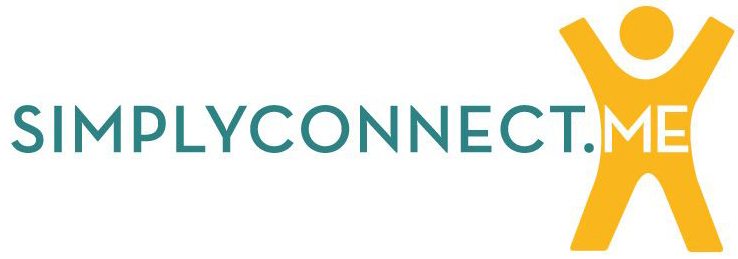Our Spring Meeting will take place in our office building on Capitol Hill, steps from both the U.S. Capitol and the Supreme Court. Given our location, the meeting will focus on policy and advocacy strategies to promote and develop long-term services and supports for people with intellectual and developmental disabilities. Much of our time together will be spent meeting with key legislators and federal agencies.
Stay tuned for an agenda.
Book Your Room
We suggest checking in the evening of May 8 and checking out on May 10. Here are a few recommendations:
- Capitol Hill Hotel
200 C St., SE
Washington, DC 20003 - citizenM Washington DC Capitol hotel
550 School St., SW
Washington, DC 20024 - Airbnb
This is another option that our visitors may find more affordable. There are many nice options near the Capitol.
Questions?
Contact Bill Kallestad, Director of Public Policy and Advocacy for the Lutheran Services in America-Disability Network.














